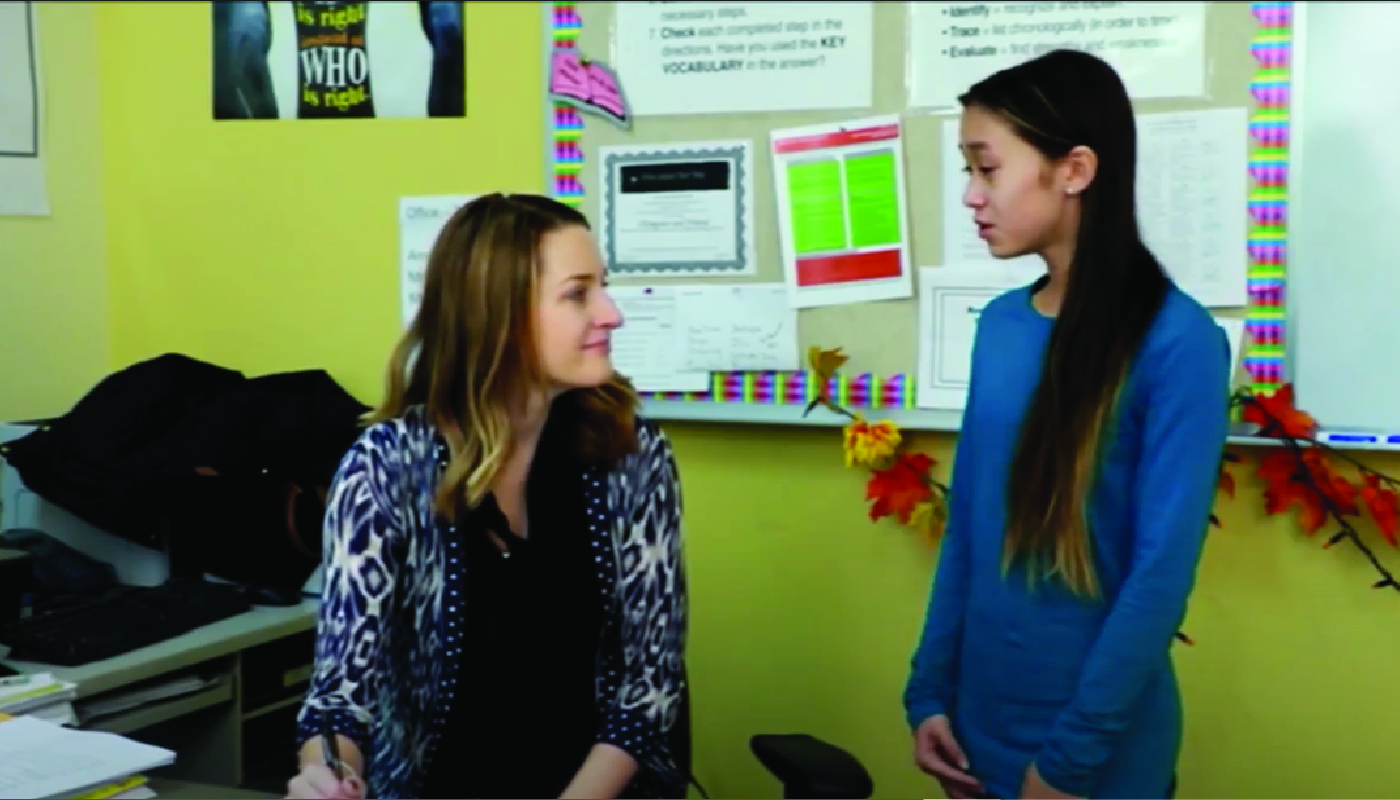
Introduction
Educators play a crucial role in helping students develop self-regulation skills. These skills allow students to recognize when they are feeling overwhelmed and take appropriate actions to calm down. In this blog post, we will discuss a no-prep activity that teaches students how to ask for a break, as well as provide discussion questions and related skills to support their growth in this area. By incorporating principles of Social-Emotional Learning, educators can create a supportive environment where students learn to manage their emotions effectively.
No-Prep Activity: Role-Playing Break Requests
This activity requires no preparation or materials from the educator. Begin by discussing with your students the importance of recognizing when they are feeling overwhelmed and need a break. Explain that taking a break can help them calm down and refocus.
Divide students into pairs and have them practice role-playing scenarios where one student is feeling overwhelmed and needs to ask for a break. In the example provided in the prompt, Liz asks for a break and requests to go to the water fountain to get a drink. Encourage students to come up with their own scenarios and strategies for calming down during their breaks, such as taking a short walk or practicing deep breathing exercises.
After the role-playing exercise, gather the class together to discuss their experiences and share the different strategies they developed for taking breaks and calming down.
Discussion Questions
- Why is it important to recognize when you need a break and ask for one?
- What are some strategies you can use to calm down when you are feeling overwhelmed?
- How can taking a break help you refocus on your work or task at hand?
- What are some situations where asking for a break might be particularly helpful?
- How can we support each other in recognizing when we need a break and asking for one?
Related Skills
Developing self-regulation skills is an essential part of Social-Emotional Learning. Other related skills that can support students’ growth in this area include:
- Recognizing and understanding emotions
- Developing empathy and compassion for others
- Practicing effective communication
- Setting and achieving personal goals
- Building resilience and coping with stress
Next Steps
As educators, it is our responsibility to provide students with the tools they need to develop self-regulation skills. By incorporating activities like the one discussed in this post, we can create a supportive learning environment that fosters emotional well-being and resilience. To explore more activities and resources that can help students develop these skills, sign up for free sample materials at Everyday Speech.

